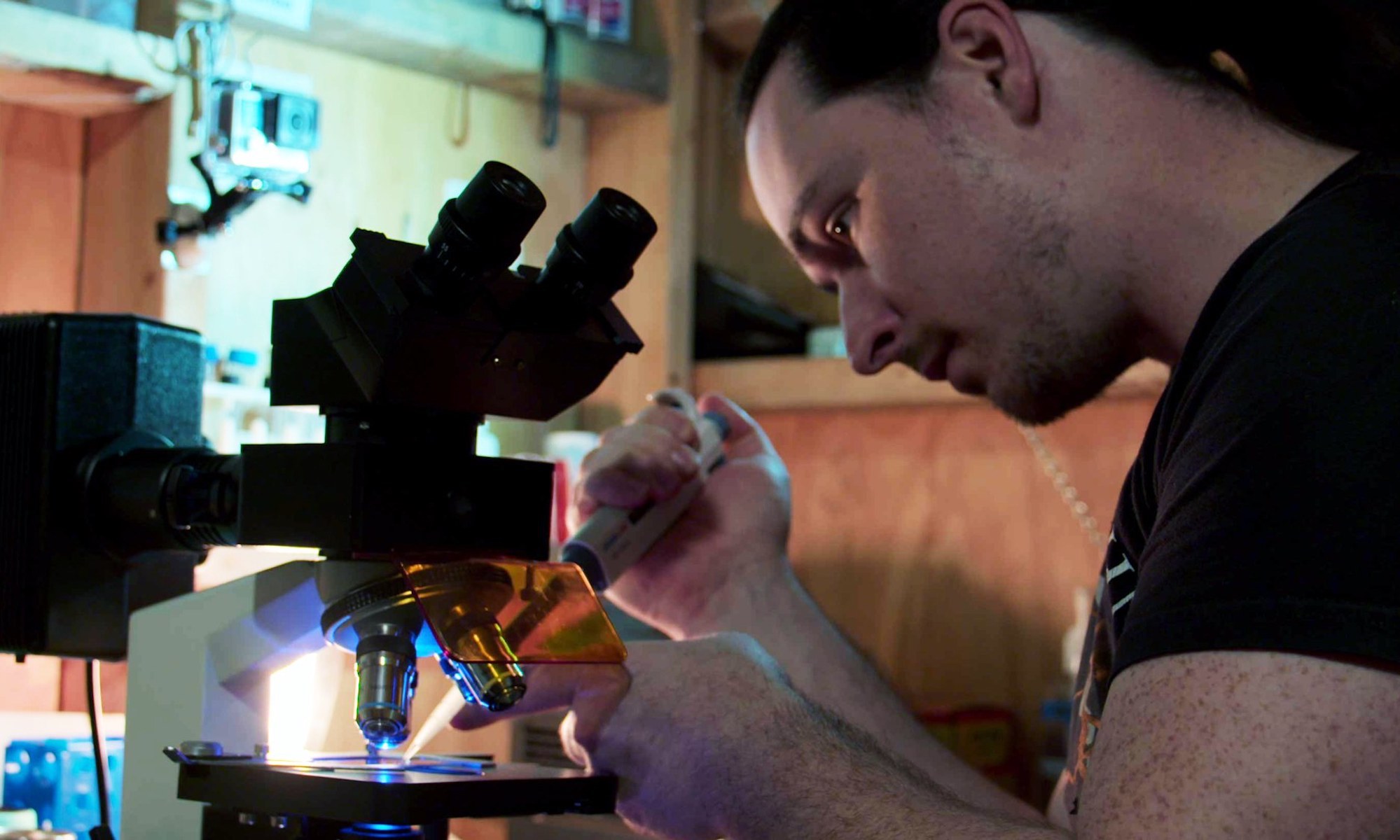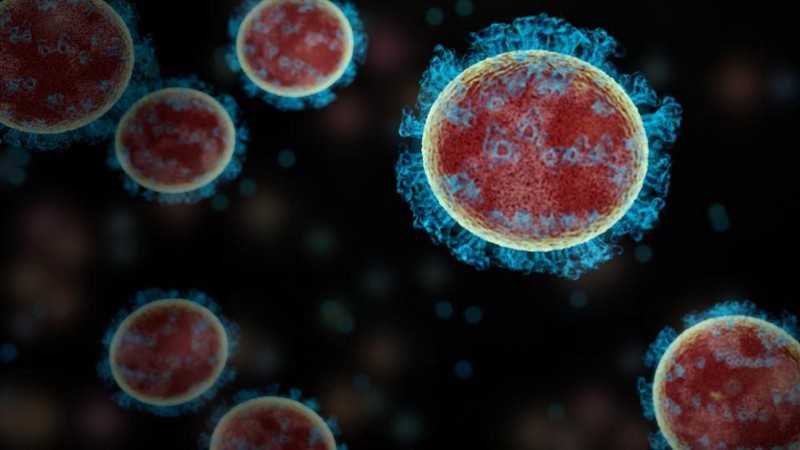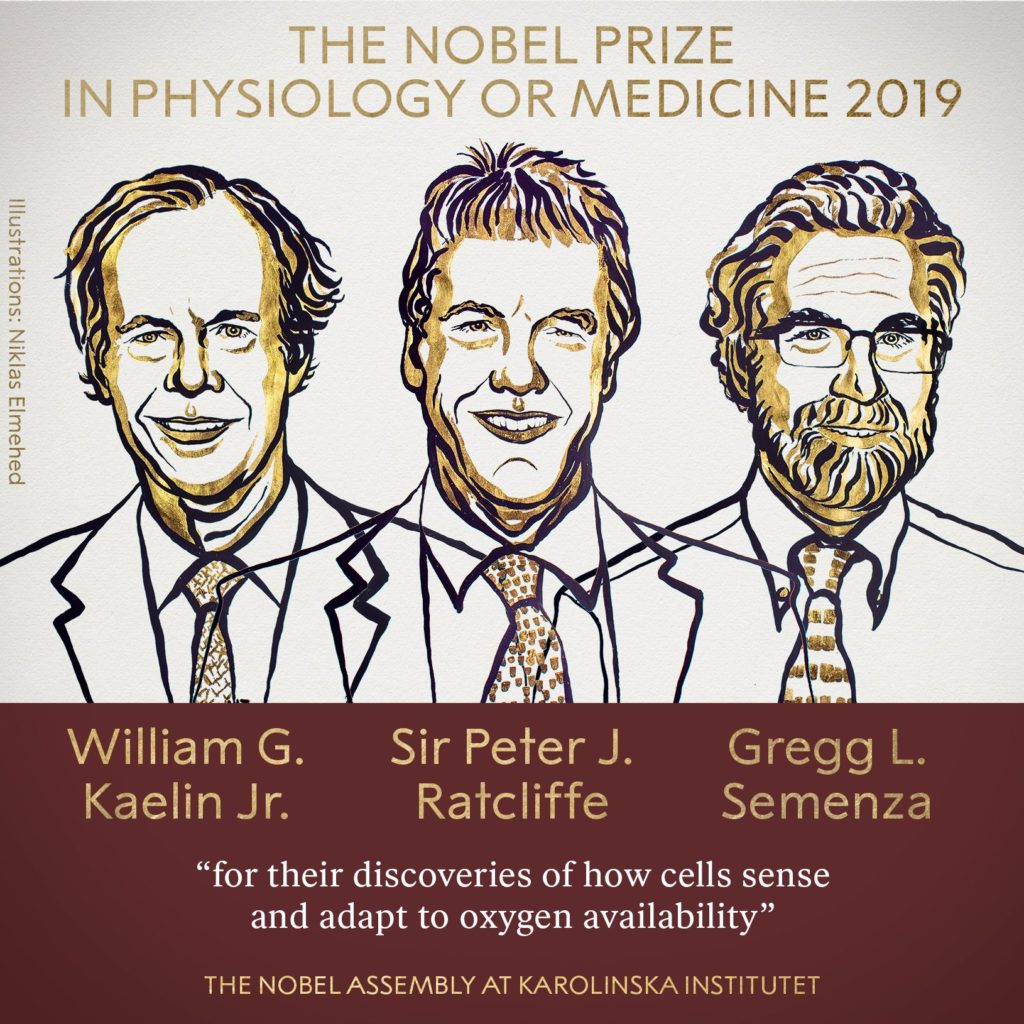How would the ability to genetically customize children change society? Sci-fi author Eugene Clark explores the future on our horizon in Volume I of the "Genetic Pressure" series.
Search Results
You searched for: crispr
An overfished planet needs a better solution. Fortunately, it's coming.
Unnatural Selection and the thrilling, terrifying possibilities of genetic editing.
A transformational tool for the future of the world.
Do scientists know enough about gene editing to move forward with human trials?
Experts are saying it's a "huge step forward for synthetic biology."
The only doubts are completely unreasonable. Where did the virus that causes COVID-19, SARS-CoV-2, come from? Over the past few weeks, there’s been a tremendous push — largely among politicians but also […]
New research shows how Americans feel about genetic engineering, human enhancement and automation.
Researchers have recently discovered two of the genes that govern this weird-looking salamander's ability to regenerate limbs, eyes, and even its brain.
A punishment is handed down for performing shocking research on human embryos.
How an off-the-radar Nobel Prize brings us ever nearer to finding a major cure.
The brains of two genetically edited babies born last year in China might have enhanced memory and cognition, but that doesn't mean the scientific community is pleased.
Big Think expert Dr. Jennifer Doudna, a professor at UC Berkeley and co-inventor of CRISPR-Cas9 genome editing technology, issued a statement responding to a scientist's recent claim that he helped create the world's first genetically edited babies.
Synthetic biology is changing the way the planet works.
The world isn’t ending! But we are likely at the beginning of a profound transformation.
Chinese scientist He Jiankui edited the genes of two babies to be resistant to HIV, provoking outrage. Now, a new genetic analysis shows why this was reckless.
The controversial scientist He Jiankui is currently missing after causing major controversy in late November.
New research solves a long-standing puzzle.
The question is no longer "can we" but "should we" edit human embryos.
"I was so moved when I saw the cells stir," said 90-year-old study co-author Akira Iritani. "I'd been hoping for this for 20 years."
The promising news comes 12 years after the "Berlin patient" became the world's first person to be cured of the deadly virus.
A Chinese researcher has sparked controversy after claiming to have used gene-editing technology known as CRISPR to help make the world's first genetically modified babies.
Recently, "the London patient" became the second person in history to be cured of HIV. Now, "the Düsseldorf patient" appears to be the third, with the possibility of more on the way.
Love dogs? So does science.
Granted, genetic manipulation has been a dream for decades. Here’s what is different now.
Genetic editing in people gathers steam.
Our bodies may fight Cas9 proteins.
The Chinese government announced it will be genetic testing potential Olympic athletes for the 2022 Games. What could possibly go wrong?





























